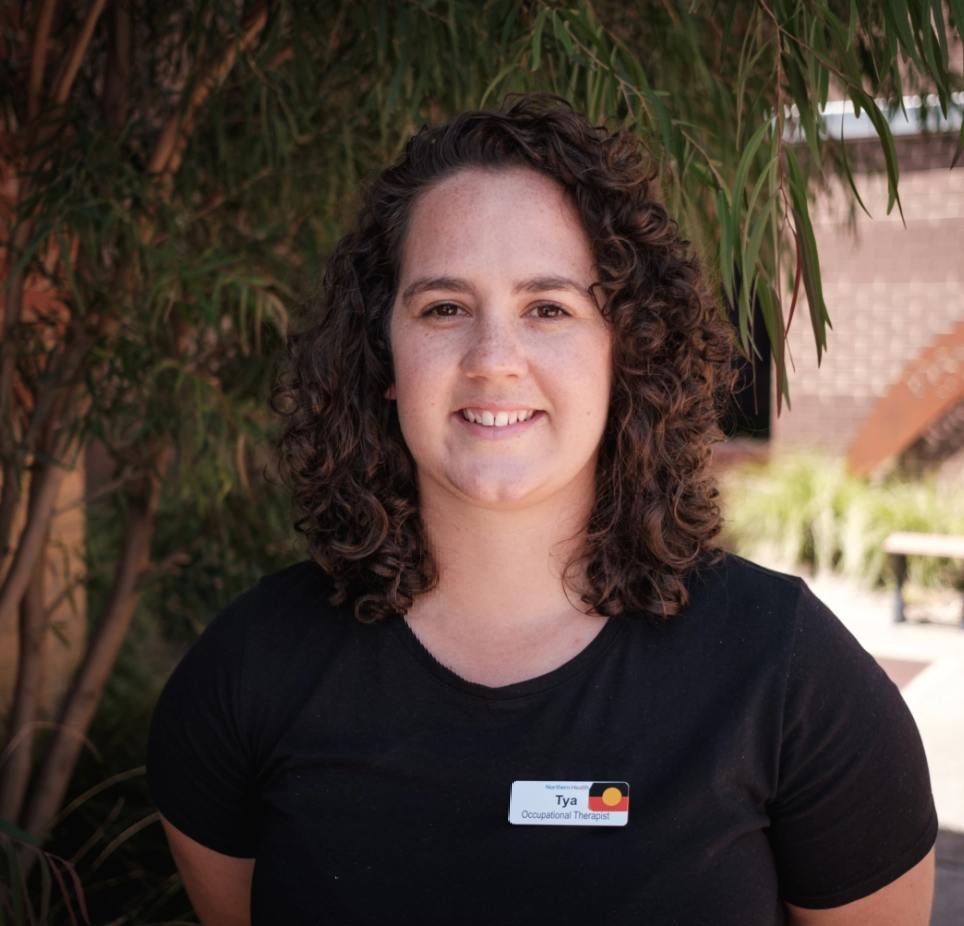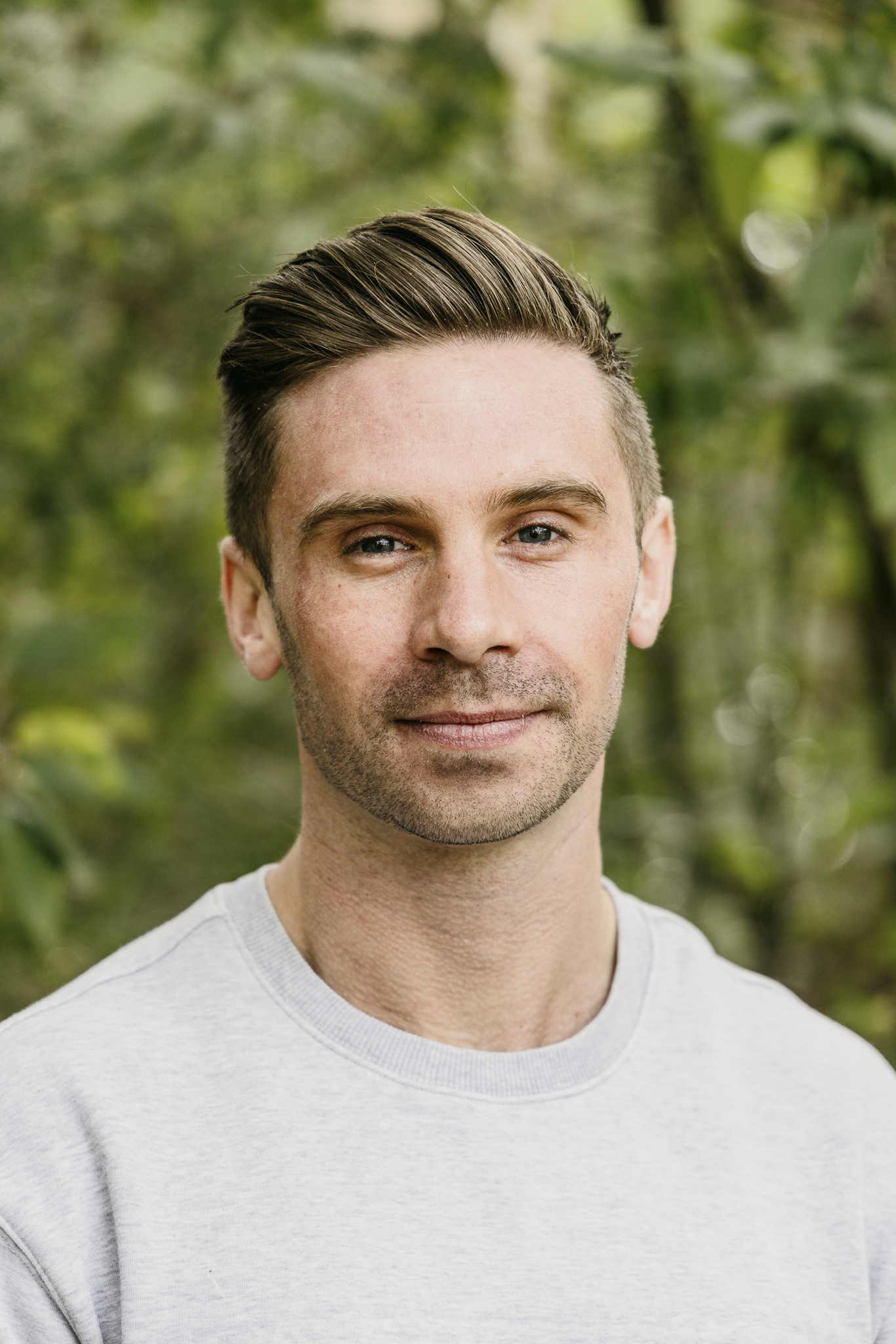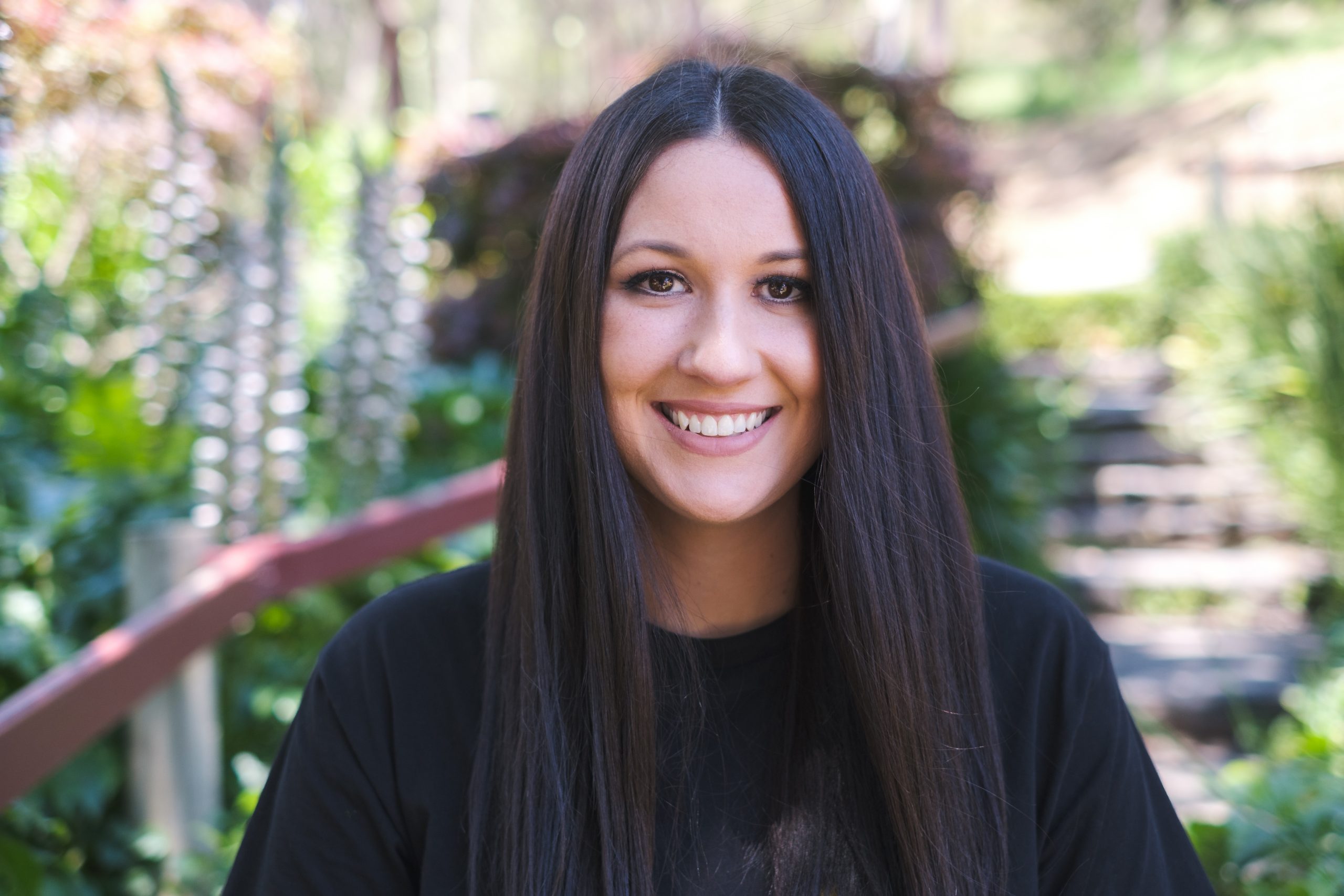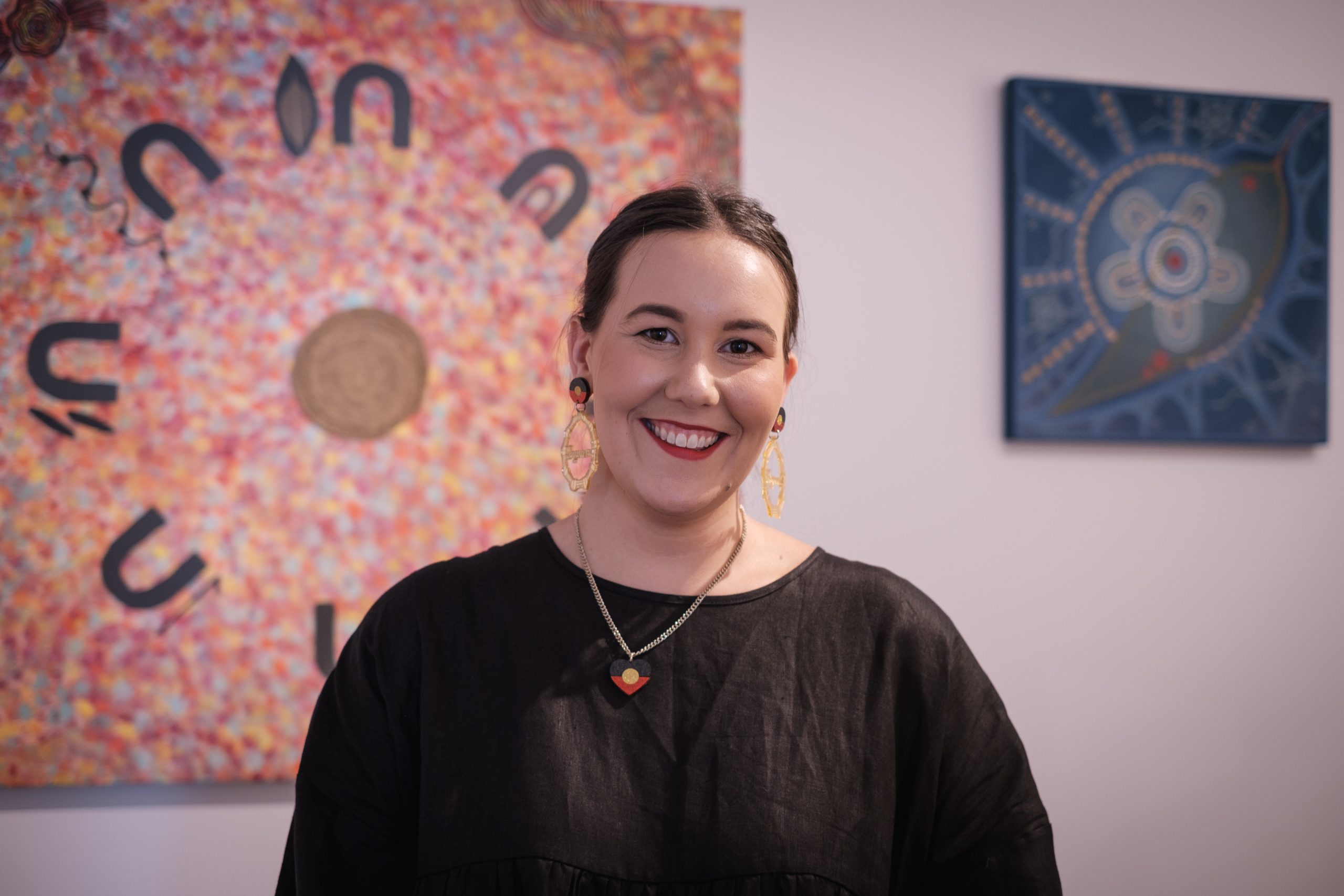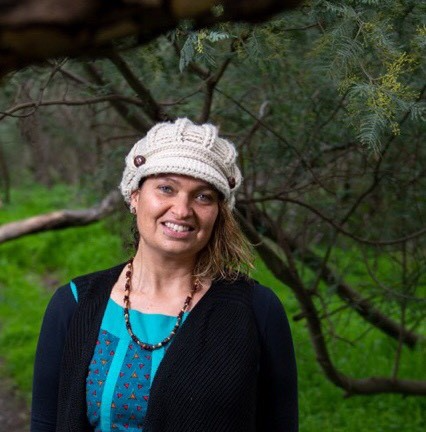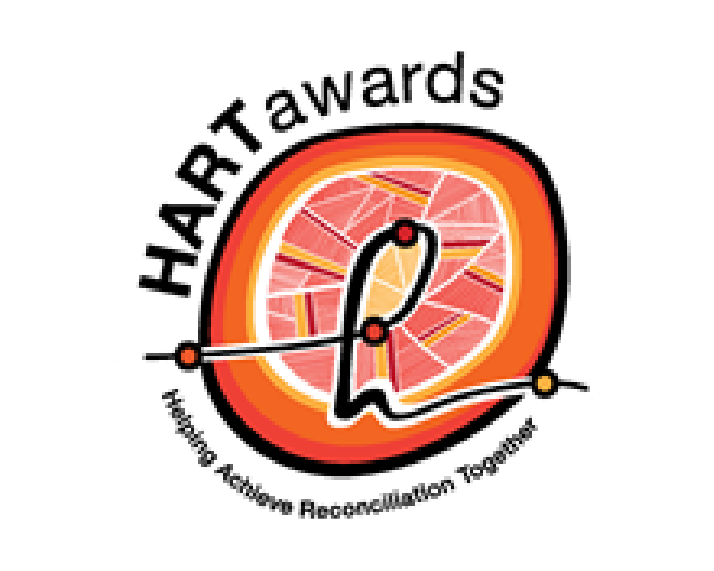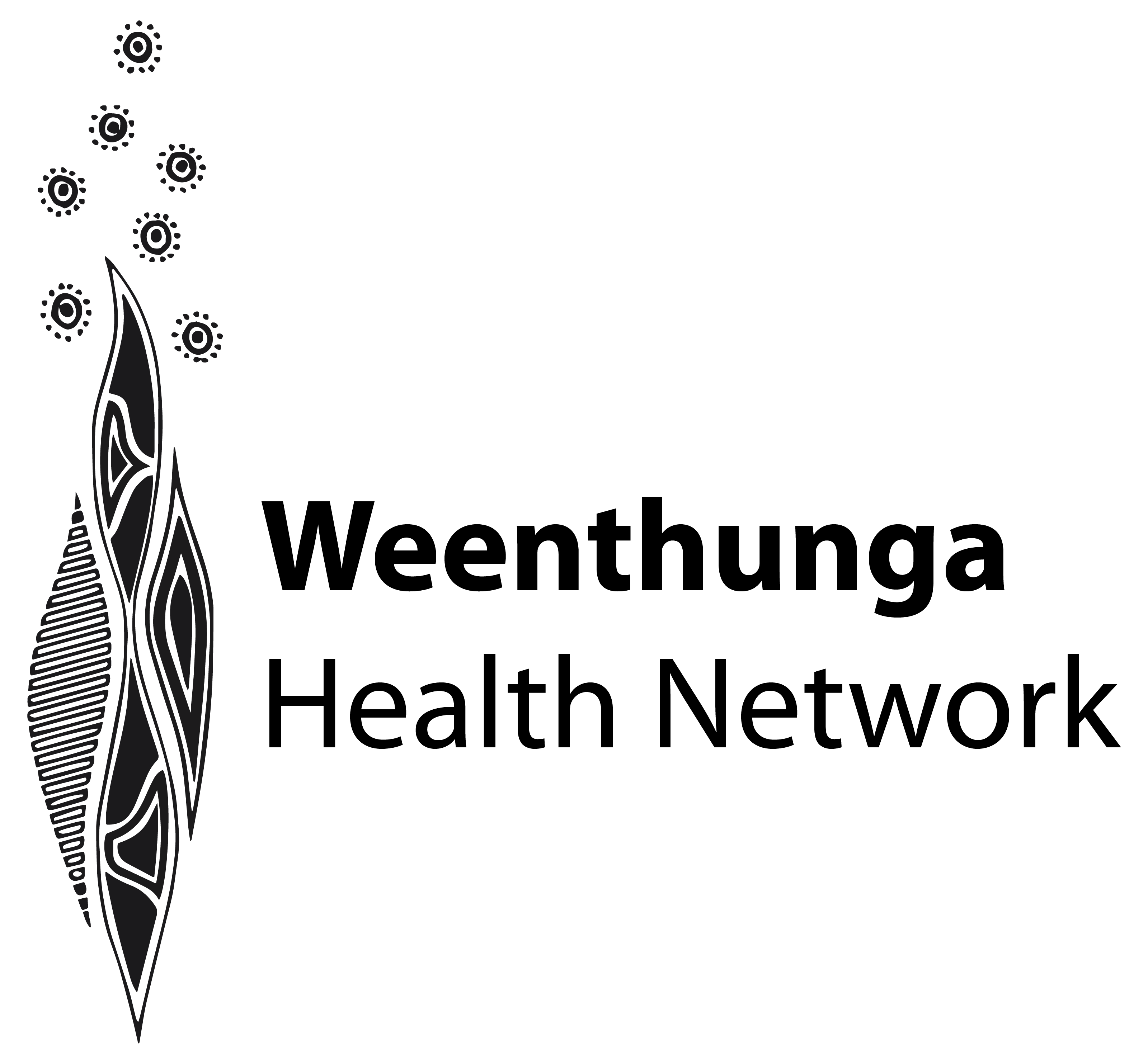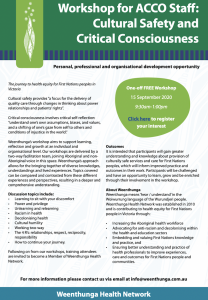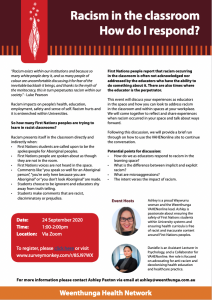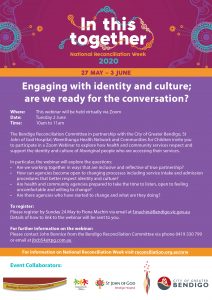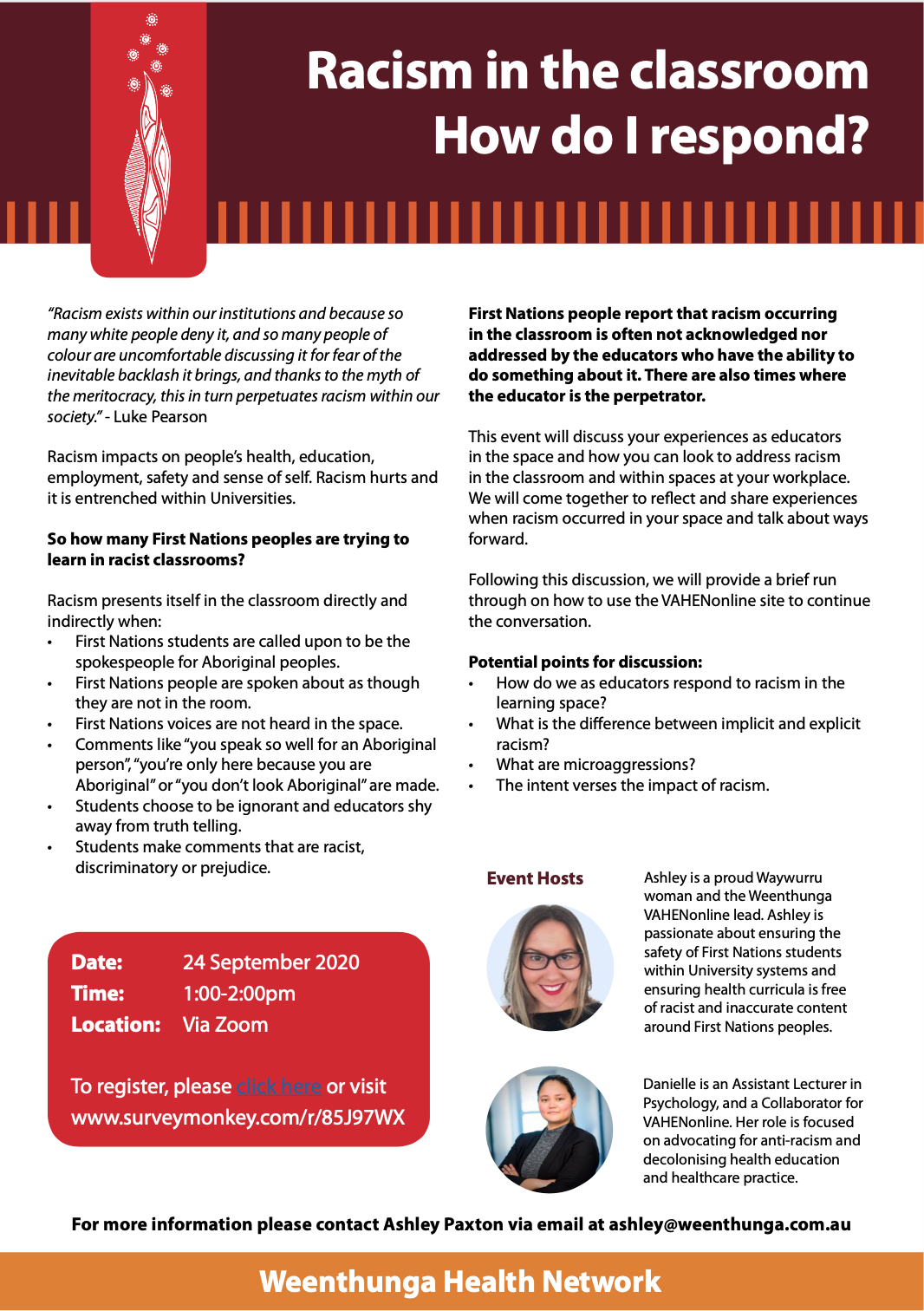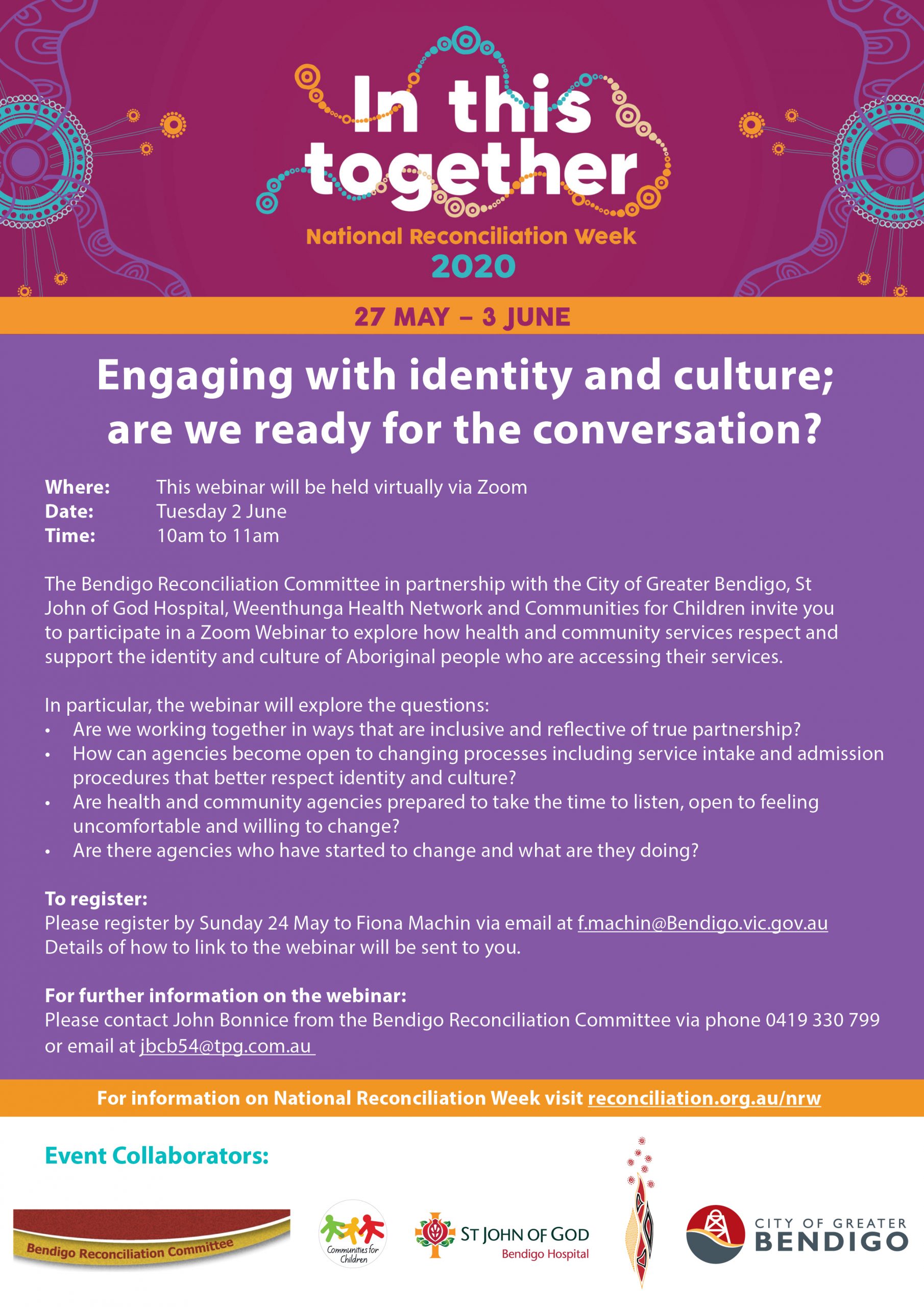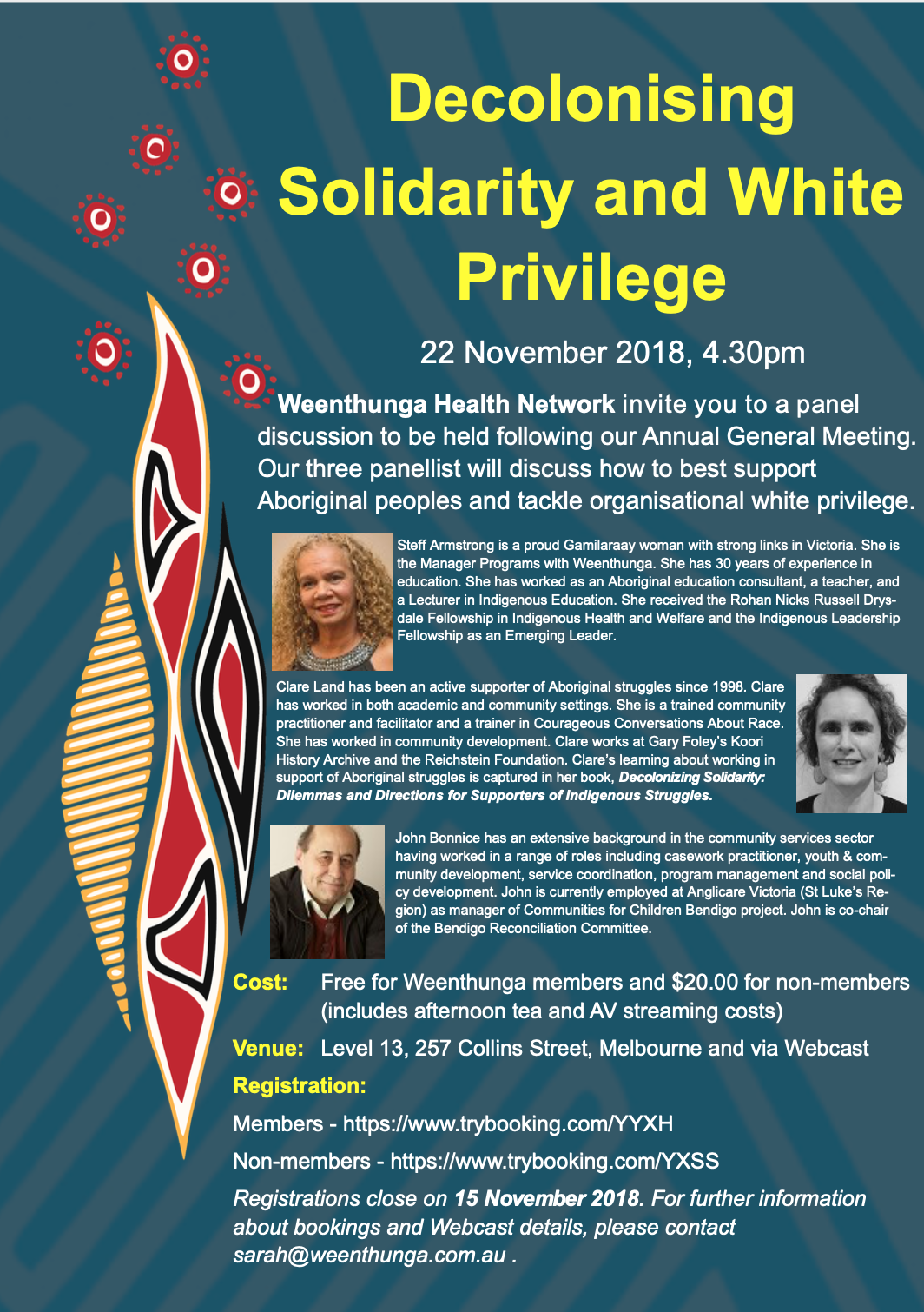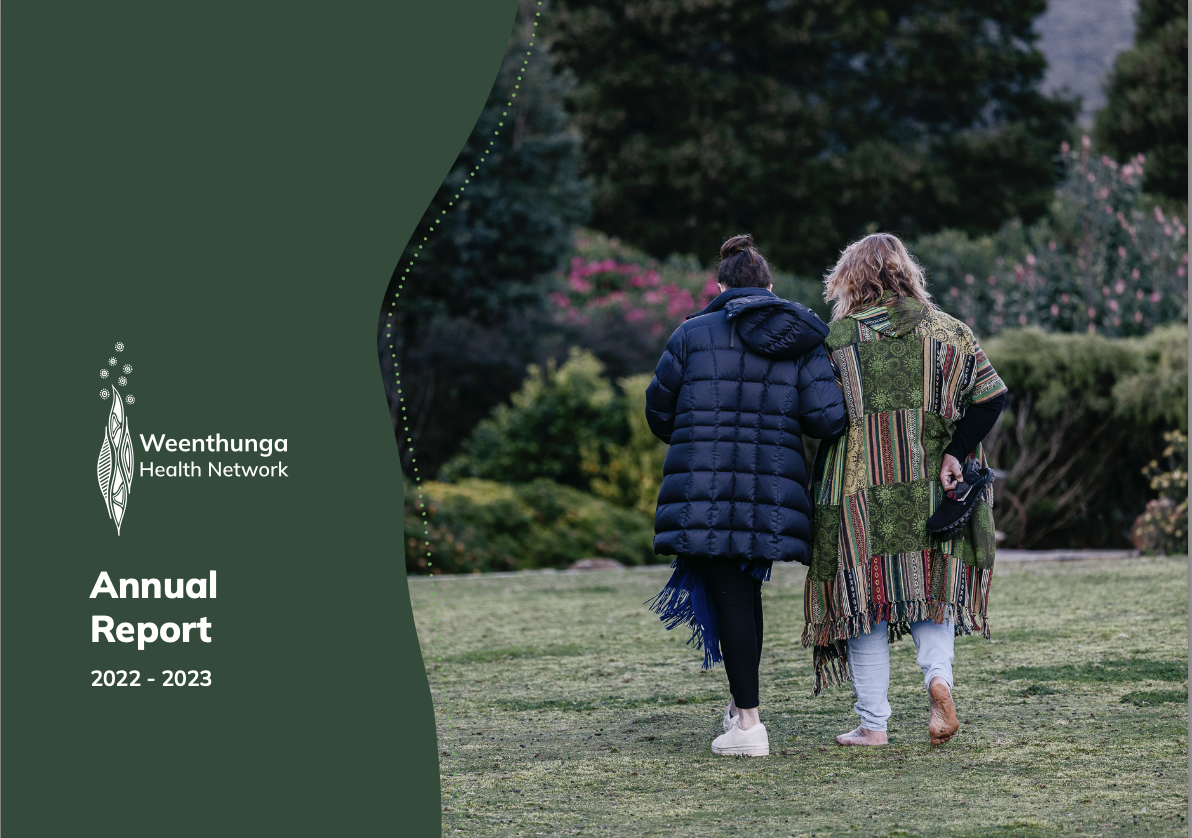Language is important. Weenthunga uses the following language intentionally throughout the website and in our work.
Weenthunga uses the term ‘First Nations’ as a collective term for Aboriginal and/or Torres Strait Islander peoples. We back the right of people to express their identity as they choose.
Weenthunga is a space for female identifying, trans-women, gender-fluid and non-binary mob. We use the term First Nations young women and are here for all sistas; not just cis-ters.
Weenthunga uses the term ‘Settler Australian’ as a collective term for non-First
Nations people in recognition of their identity as settlers from countries outside so-called ‘Australia’. We
do so recognizing the violent and ongoing nature of colonisation, and informed by the discourse of
some First Nations academics on the use of this terminology.
Settler Australians who participate in ongoing anti-racist work, educate themselves, hold
themselves and others accountable and examine their own privilege on a regular basis. Allies can be
anyone in the community committed to anti-racism and justice. Allies and acts of allyship are identified as such by First Nations people.
To embed First Nation ways of being and doing. Using knowledge of Elders, community
and Country in all processes and practice to consciously and pro-actively shift the focus from a Western
and Eurocentric worldview, to a First Nations worldview that centers culture, ways of knowing and aspirations.
“Cultural safety is about acknowledging the barriers to clinical effectiveness arising from the inherent power imbalance between provider and patient. In contrast to cultural competency, the focus of cultural safety moves to the culture of the clinician or the clinical environment rather than the culture of the ‘exotic other’ patient." (Curtis et al., 2019, p. 13).
Involves critical self-reflection, that is “stepping back to understand one’s own assumptions, biases, and values, and a shifting of one’s gaze from self to others and conditions of injustice in the world.” (Kumagai & Lypson, 2009, p.783)
A life-long process of self-reflection and self-critique to understand personal biases and to develop mutually respectful partnerships based on mutual trust. “To be culturally humble means I am willing to learn” - First Nations Health Authority British Colombia.
An organised system based on an ideology of inferiority that labels some ethnic/racial groups
as inferior to others and differentially allocates desirable societal resources to the superior ethnic/racial
groups (Bonilla-Silva 1997).
“Actively expressing the idea that racial groups are equals and none needs developing, and proactively supporting policy that reduces racial inequity” (Kendi, 2019, p. 24).
means to “hear within” in Woiwurrung, language of the Wurundjeri Peoples of the Kulin Nation.
means “hear/understand” in Woiwurrung, language of the Wurundjeri Peoples of the Kulin Nation
